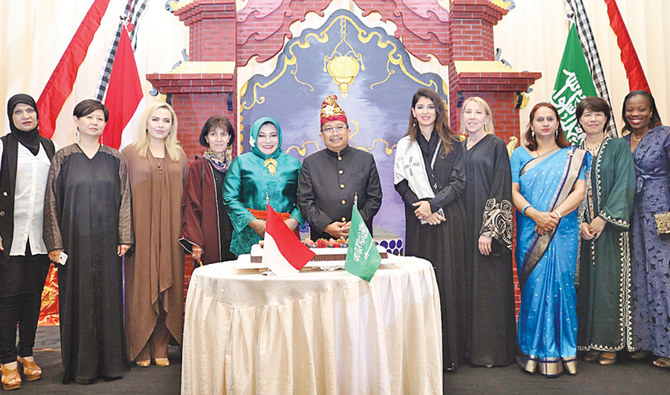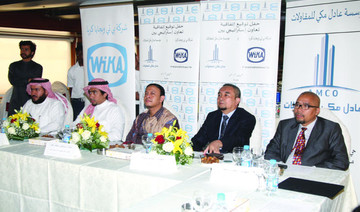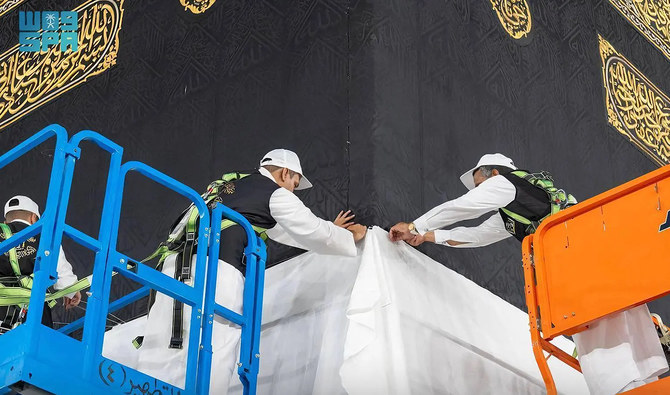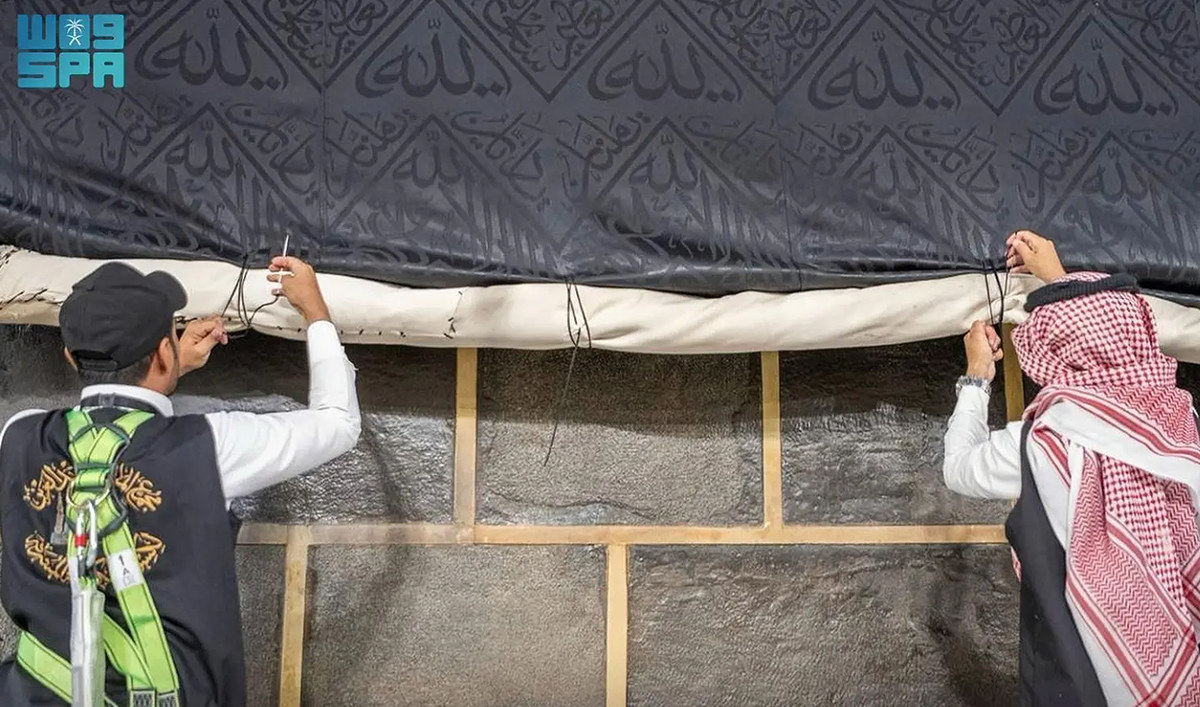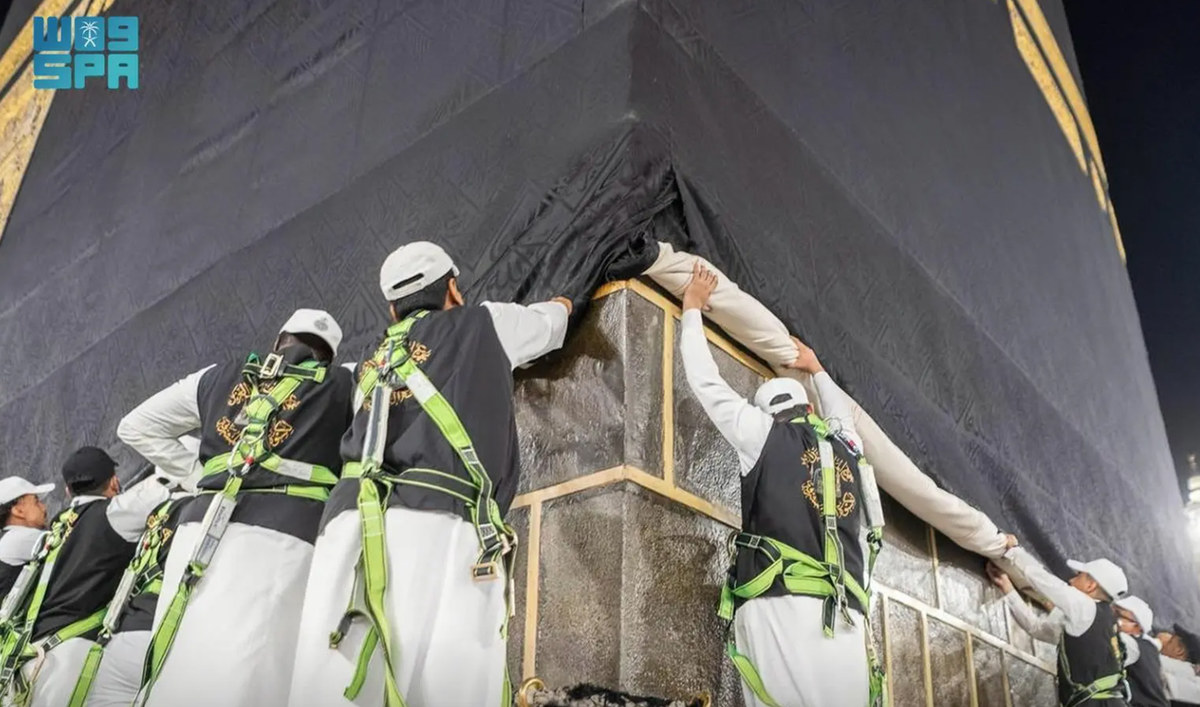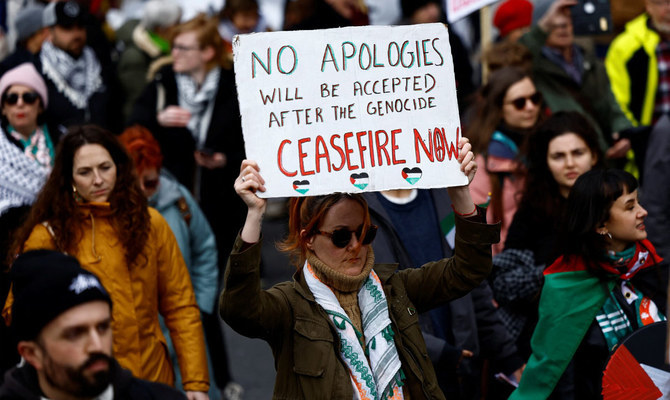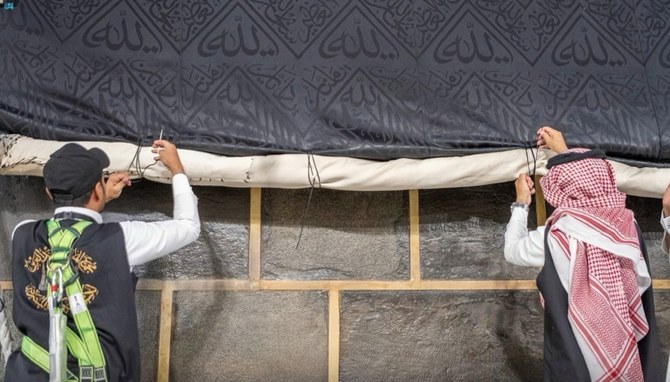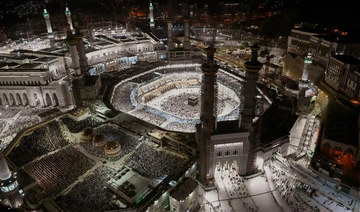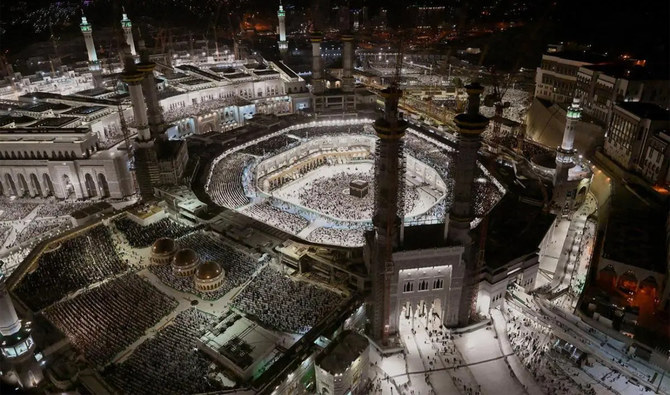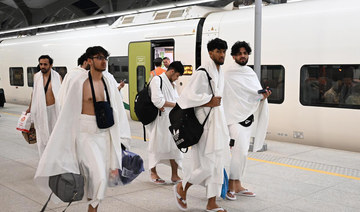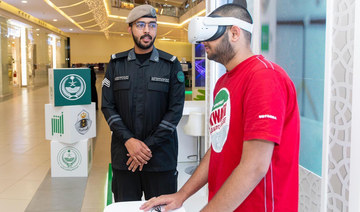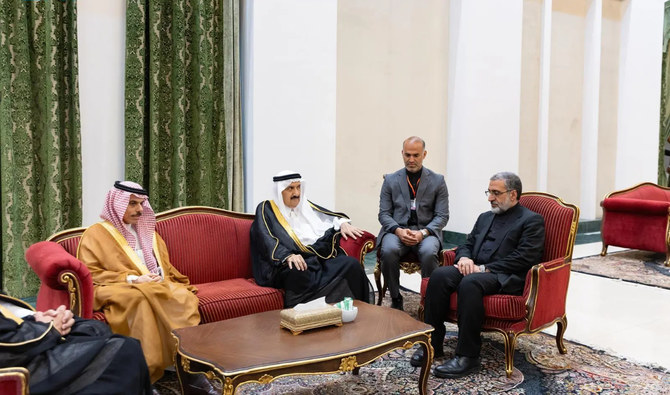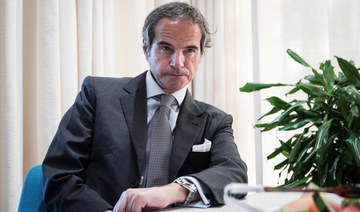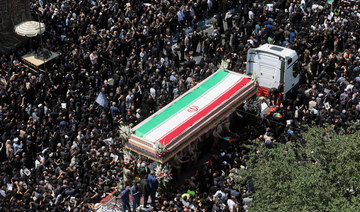JEDDAH: Indonesian Consul General, Dr. Mohamad Hery Saripudin, said that the Saudi Vision 2030 reform plans could be an opportunity to develop his country’s “close cooperation” with Saudi Arabia and boost social, cultural and economic sectors between the two nations.
Speaking on a reception held on Tuesday in commemoration of the 74th anniversary of Indonesia’s Independence Day, Saripudin praised mutual cooperation between his country and the Kingdom.
The event, held at the Lazurde Ballroom, Park Hyatt Jeddah, featured Indonesian traditional shows and music performances.
Saripudin said that Indonesian President Joko Widodo expressed Indonesia’s readiness to lend support to the Kingdom to achieve the goal of diversifying its economy.
“This was discussed during bilateral talks with Crown Prince Mohammed bin Salman on the sideline of the last G20 Summit in Osaka.”
On the economic cooperation level, Saripudin said that their business community is delivering great efforts to promote trade and investment with Saudi Arabia.
“Some 398 Saudi business people joined the delegation of last year’s Trade Expo Indonesia (TEI), making it the biggest business group. Of that number, 160 came from the western part of Saudi Arabia. The expo was able to attract more than 33,000 international and domestic visitors from 132 countries,” he said.
“Some 398 Saudi business people joined the delegation of last year’s Trade Expo Indonesia, making it the biggest business group. Of that number, 160 came from the western part of Saudi Arabia.”
Dr. Mohamad Hery Saripudin, Indonesian consul general
“Saudi business groups and owners signed business contracts with their Indonesian counterparts worth $1.5 million,” he added.
Saripudin said he expected business cooperation between Saudi Arabia and Indonesia would continue as “both countries have enjoyed mutual partnership in bilateral trade and therefore it should be developed further.”
He added that he hoped Indonesia and Saudi Arabia could continue working together to achieve another new record on trade transaction at the forthcoming edition of TEI, which will be held between Oct. 16 and 20.
“The positive trend in trade and economic cooperation between Indonesia and Saudi Arabia has also been reflected in the increase in our trade volume. From January to June this year, our total trade in oil and gas increased by 0.85 percent — from $1.517 billion in 2018 to $1.529 billion,” Saripudin said.
He hailed the successful efforts during the last Hajj and thanked the Kingdom’s leadership for the “excellent” arrangements. He said that Indonesia has sent more than 1 million Umrah pilgrims this year.




